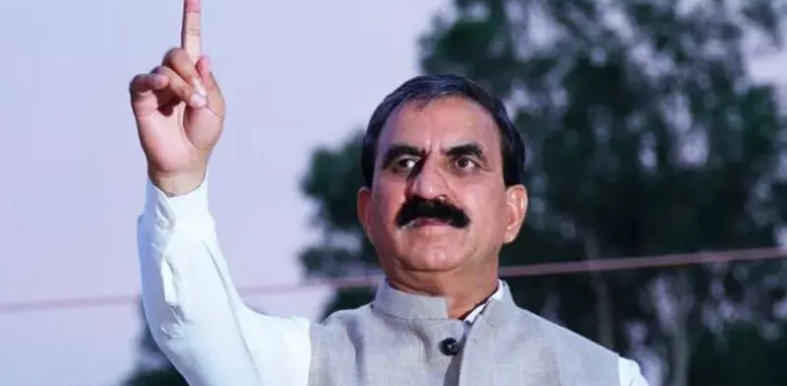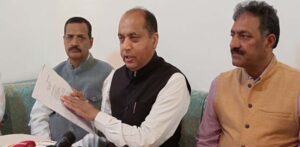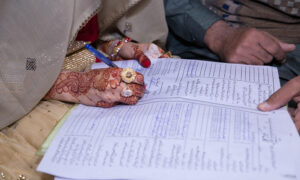Cash-strapped Sukhu govt stops more freebies after power & Himcare benefits; water & HRTC sops scrapped

- Himachal weather: After month of drought-like conditions, rain likely on this day - November 5, 2024
- Himachal’s first online wedding leaves many perplexed, how ailing man’s wish forced it to happen - November 5, 2024
- Travel on Chandigarh-Manali highway to get costlier as 2 toll plazas set to resume operations - November 5, 2024
The cash-strapped Himachal Pradesh government, led by Chief Minister Sukhvinder Singh Sukhu, has decided to further tighten its financial belt by discontinuing free water supply and state-run HRTC bus travel, which were previously offered to select sections of society. This comes on the heels of the government’s earlier decision to curb freebies under the Himcare scheme and free electricity provision.
With these significant changes, the Sukhu government appears committed to fiscal prudence while navigating the challenges posed by previous policy decisions and ensuring the state’s financial stability.
Water bills introduced in rural areas
In a significant move, the state cabinet has overturned a decision taken by the previous BJP government, which had exempted rural areas from water charges. Now, all rural households will receive water bills, with a minimum charge of ₹100 per connection.
This measure aims to address the financial challenges facing the Jal Shakti Department, which has been burdened by ₹800 crore in unpaid electricity bills. Water meters will be installed to ensure that billing is based on actual water usage. However, exceptions have been made for economically weaker sections, including widows, single women, disabled individuals and those with an annual income of less than ₹50,000, who will continue to receive free water.
End of free HRTC bus travel for govt staff
The cabinet also decided to end the free travel facility for police personnel, jail officers and Himachal Pradesh Secretariat Security Service personnel in HRTC buses. Previously, these employees could travel by simply showing their identity cards. Moving forward, their travel expenses will only be reimbursed on an actual basis, based on travel claims submitted.
To address transportation needs, the government has relaxed the 60:40 ratio under Transport Policy 2014 for reallocating 168 routes operated by private bus operators. This means operators are no longer required to run 60% of their buses in rural areas and 40% in urban areas. Additionally, the cabinet has approved the recruitment of 999 posts across various departments, signaling the government’s intention to strengthen its workforce.
Focus on systematic and scientific mining
The government has also taken steps to amend the Minor Minerals (Concession) and Minerals (Prevention of Illegal Mining, Transportation, and Storage) Rules, 2015. The new provisions allow for the use of machinery in riverbed mining and extend the permissible depth of mining from one to two meters.
Sand and gravel extraction from agricultural fields up to a depth of two meters will be allowed post-monsoon, falling under non-mining activities. However, these changes are expected to increase the cost of materials, with additional fees being imposed, including an electric vehicle fee, online fee, and milk cess.
Revenue from private land mining
Another key decision involves permitting mining on private land, with landowners receiving 80% of the annual bid from auctioned leases. This amendment is intended to boost revenue from the mining sector while ensuring fair compensation for landowners.
The cabinet meeting, which lasted for about five hours, addressed a total of 36 agendas. Among these, the resolution of issues faced by panchayat veterinary assistants was highlighted. A sub-committee chaired by Agriculture Minister Chander Kumar will be formed to provide recommendations.




